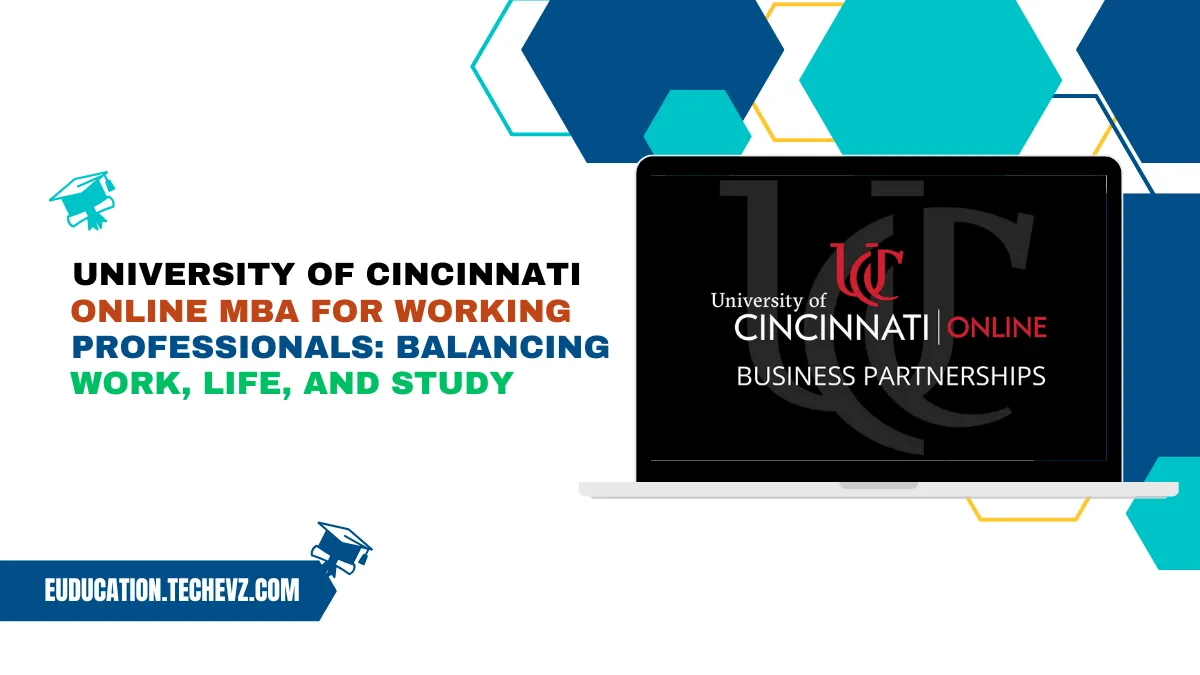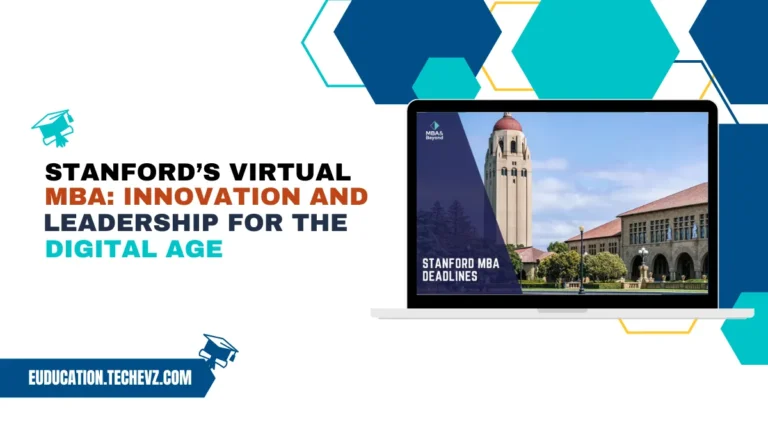Artificial Intelligence (AI) continues to reshape industries—from healthcare to finance, manufacturing to marketing. As demand for AI talent skyrockets, professionals and students alike are seeking credible certifications to validate their skills. But with dozens of programs out there, how do you choose the right AI certification in 2025? This guide will walk you through the key factors, top options, and practical tips to make an informed decision.
1. Understand Your Goals and Background
Before diving into program brochures, take a moment to clarify:
- Your career objective: Are you aiming for a data scientist role, machine learning engineer, AI product manager, or researcher?
- Existing skills: Do you already know Python, statistics, or basic ML concepts?
- Time commitment: Can you dedicate 5–10 hours/week for 3 months, or do you need a self-paced course?
- Budget: Are you looking for a free or low-cost certificate, or is a premium bootcamp within reach?
Aligning your certification with your background and goals ensures you invest time and money wisely.
2. Key Selection Criteria for AI Certifications
When evaluating any AI certification program, consider these factors:
- Accreditation and Recognition
- Look for certificates from well-known universities (e.g., Stanford, MIT), major platform providers (Coursera, edX), or industry leaders (Google, Microsoft).
- Check if the credential is recognized by recruiters and appears on LinkedIn’s verified badge list.
- Depth and Breadth of Curriculum
- Core topics: machine learning algorithms, neural networks, deep learning frameworks (TensorFlow, PyTorch).
- Electives or specializations: computer vision, natural language processing (NLP), reinforcement learning, AI ethics.
- Hands-on projects: real-world datasets, capstone projects, or hackathon-style challenges.
- Instructor Expertise and Support
- Experienced practitioners or academics teaching the course.
- Availability of teaching assistants, mentors, or active discussion forums.
- Learning Format and Flexibility
- Synchronous vs. asynchronous lectures.
- Self-paced vs. cohort-based.
- Weekend or evening classes for working professionals.
- Cost and Return on Investment (ROI)
- Tuition fees, subscription models, or pay-per-course pricing.
- Salary uplift or job opportunities upon certification.
- Scholarships, installment plans, or employer sponsorships.
- Alumni Outcomes and Job Placement
- Graduate success stories, LinkedIn alumni network, or placement assistance.
- Partnerships with hiring platforms or tech companies.
3. Top AI Certifications to Consider in 2025
While new programs emerge each year, these have proven track records in 2024–25:
| Certification | Provider | Duration | Cost (USD) | Key Highlight |
|---|---|---|---|---|
| Professional Certificate in Machine Learning | Google via Coursera | 6 months (5 h/wk) | $49/mo | Focus on TensorFlow and real-world ML case studies |
| AI Engineer Nanodegree | Udacity | 4 months (10 h/wk) | $399/mo | Project-centric with mentor support and career services |
| MicroMasters in AI | Columbia University | 9 months (8 h/wk) | $1,260 total | University-level depth, credit-eligible for a Master’s |
| Microsoft Certified: Azure AI Engineer | Microsoft Learn | Self-paced | Free content* | Emphasis on deploying AI solutions on Azure Cloud |
| IBM AI Engineering Professional Certificate | IBM via Coursera | 6 months (10 h/wk) | $39/mo | Covers ML, DL, NLP, and Watson AI services |
*Exam fees may apply separately.
4. Step-by-Step Decision Framework
Use this simple checklist to narrow down your choices:
- Shortlist Based on Goals
- If you want cloud-based deployment, prioritize Microsoft or AWS AI tracks.
- For research-oriented roles, look at university MicroMasters or advanced degrees.
- Compare Reviews and Alumni Feedback
- Read student testimonials on platforms like Class Central, Reddit, or LinkedIn.
- Note common praises (e.g., quality projects) and pain points (e.g., high cost).
- Audit Free Previews
- Most platforms offer sample lectures. Assess teaching style, course pace, and platform usability.
- Calculate Total Investment
- Sum up course fees, exam costs, and time commitment.
- Balance against potential salary increase or new job prospects.
- Verify Credential Value
- Will the certification appear on your resume and LinkedIn?
- Does the issuing body have name recognition in your target industry?
- Apply Early for Discounts or Scholarships
- Platforms often offer early-bird rates.
- University certificates may have financial aid or diversity scholarships.
5. Maximizing Your Certification Experience
Once enrolled, follow these best practices:
- Build a Portfolio: Publish your capstone projects on GitHub with clear READMEs and documentation.
- Engage in Communities: Join Slack/Discord groups, Kaggle competitions, or local AI meetups.
- Stay Updated: AI evolves rapidly—supplement coursework with blogs (e.g., Towards Data Science), podcasts, and conferences.
- Network Strategically: Connect with instructors, alumni, and peers on LinkedIn to discover job opportunities.
Conclusion
Choosing the right AI certification in 2025 doesn’t have to be overwhelming. By aligning your career goals, evaluating program quality, comparing costs and outcomes, and following a structured decision framework, you can confidently pick the credential that accelerates your AI journey.







